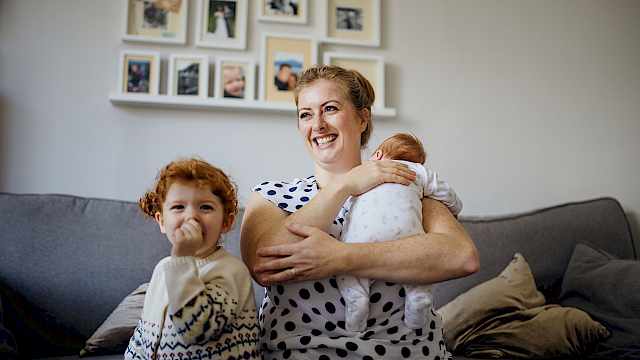Simon Copeland
Research Fellow, RUSI.
Simon is a Research Fellow in the Terrorism and Conflict research group at RUSI. His research focuses on violent extremist narratives and networks. Prior to joining RUSI he worked as a researcher at Swansea University examining online terrorist propaganda, in particular, how jihadist and right-wing groups attempt to inspire their supporters. He has also worked as a Research Associate at the Centre for Research and Evidence on Security Threats (CREST), where he produced a series of reports on issues related to extremism and the UK counter-terrorism strategy (CONTEST). In other roles he has also analysed terrorist and violent extremist groups in Sub-Saharan Africa including Kenya, Somalia, and Nigeria.


















